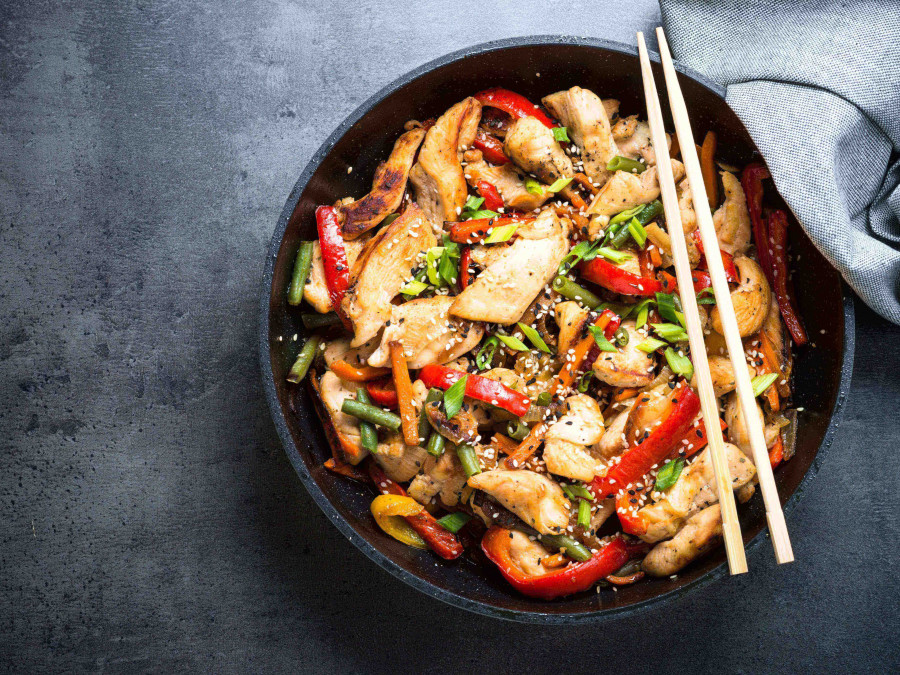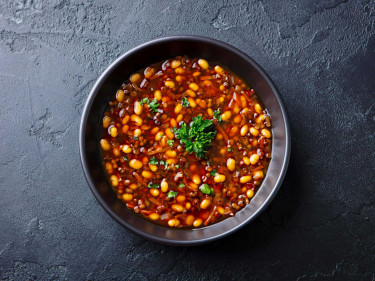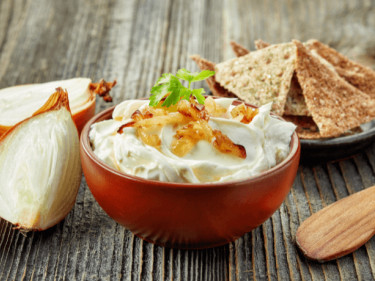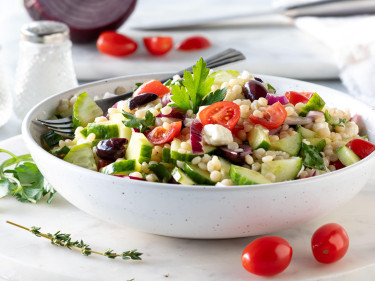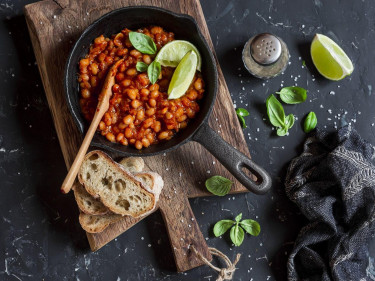Serves = 2
1 chicken breast (about 250g), cut into strips
2 teaspoons sesame oil
2 teaspoons olive oil
1 packet wok-ready Udon noodles
2 cups of any veg you have in the fridge (e.g., corn, broccoli, zucchini, carrots), sliced thinly
4 cloves of garlic, crushed
2 teaspoons oyster sauce
1 tablespoon Chinese cooking wine or rice wine vinegar
2 teaspoons soy sauce – salt reduced
1 teaspoon finely grated or minced ginger (optional)



